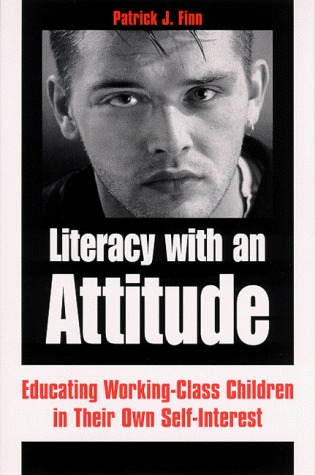 The social justice event that I attended was the Vagina Monologues, and I went in February so I am being quite late with this post. I went to it here at Rhode Island College and had no idea what it was going to be like. All that I had heard about it before was that it is a feminist performance and that there would be a lot of swearing, strong language and powerful stories. Don't judge me but I may have also gone on wikipedia just to figure out what it actually was all about. I did not read much of what they had on there though because I had realized I should just figure it out myself.The information I got really did not prepare me for how many times those women said the word vagina, described vaginas, or told in depth stories involving vaginas. Not all of the stories had to do with just vaginas, but they were all true stories about women, and to say they were powerful would be an understatement.
The social justice event that I attended was the Vagina Monologues, and I went in February so I am being quite late with this post. I went to it here at Rhode Island College and had no idea what it was going to be like. All that I had heard about it before was that it is a feminist performance and that there would be a lot of swearing, strong language and powerful stories. Don't judge me but I may have also gone on wikipedia just to figure out what it actually was all about. I did not read much of what they had on there though because I had realized I should just figure it out myself.The information I got really did not prepare me for how many times those women said the word vagina, described vaginas, or told in depth stories involving vaginas. Not all of the stories had to do with just vaginas, but they were all true stories about women, and to say they were powerful would be an understatement.I made sure to keep the pamphlet from the show not just for this post I knew I would be doing, but because I loved it and I learned more than I could have imagined. I learned how strong women really are, and I know more than ever now how much of a voice we truly have. My favorite monologue was called "My short skirt" which was about how women do not always wear their short skirts or clothing such as that just so that men can find them attractive. Also if a girl is wearing a short skirt or dress it does not usually mean they are "looking for a good time" or "were asking for it". We just want to wear what we think is cute or looks nice on us, and we do it for us not for someone else.
One connection I can make is to August's "Safe spaces" and I can easily connect it to the monologue in the show called "They beat the Girl outta my Boy". It is a sad story about a boy who just wanted to be pretty like his mom and sister, and felt that he was just assigned a gender at birth; the wrong gender. He was beaten up all the time and almost decided to live a life that was a lie, but found a safe space when he moved away. Then she got hormone shots and got to be the woman she always wanted to be.
The monologue named "My vagina was my village" actually reminds me a bit of Christensen, because the myths that we learned when we were young taught us in other ways that women are weak and that men are strong. Of course they would seem stronger because they were always the hero that had to save the woman and were portrayed as very buff and got what they usually wanted at the end of the story. Women always being portrayed as weak is not a good thing, especially not when it comes to men raping them and ruining their bodies, treating them as objects that can just be thrown away. This monologue was really upsetting and disturbing, I would never wish what happened to those poor women on anyone.
That is why I can connect my favorite monologue that I wrong about before and that you may have watched to Christensen as well. It is the opposite where a woman does not listen to the myths. She is independent and will not be victimized by any men and will wear what she wants.

If you ever get the chance to see it in person somewhere, please go. The Vagina Monologues were something I had been afraid to go see, but it was extremely liberating. Here you will find information about how it got started in the first place, maybe that will also convince you to go.



